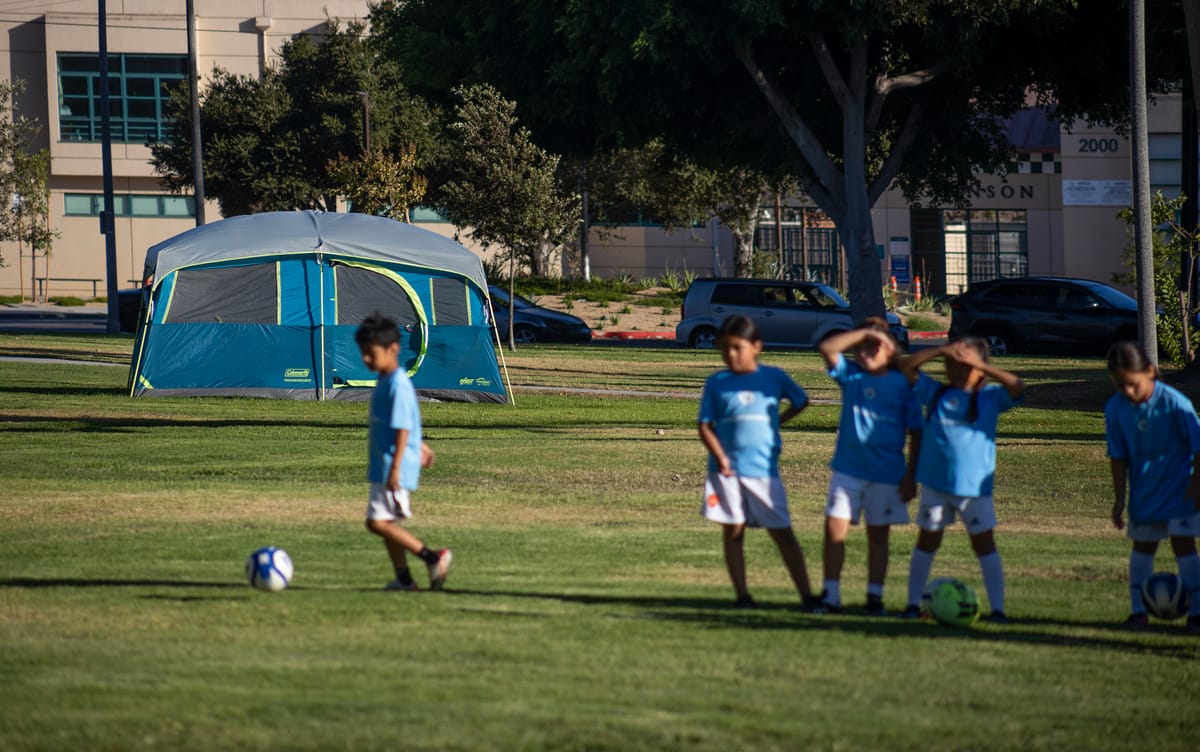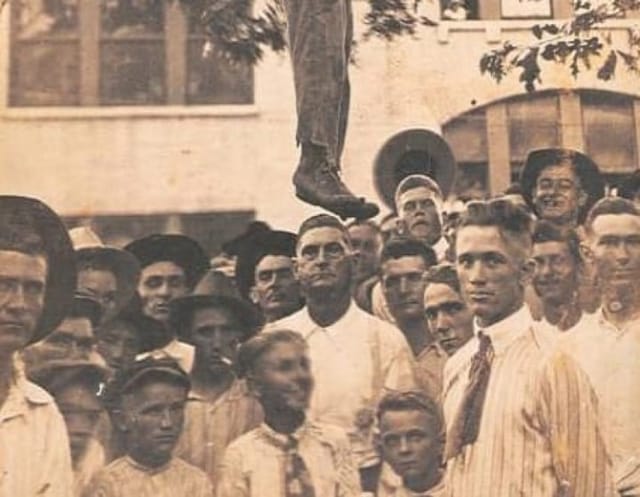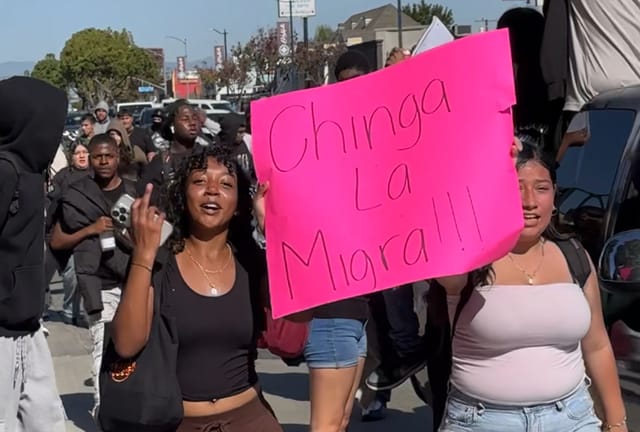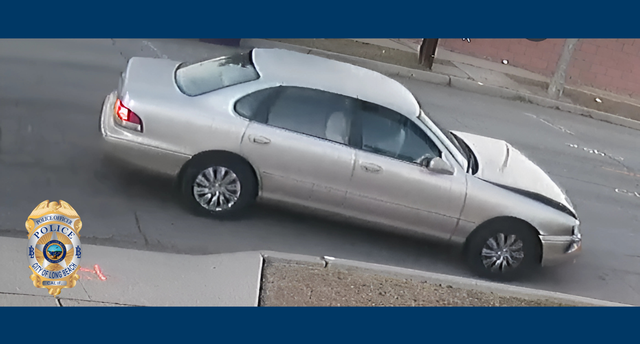Critically Speaking: Are we still a compassionate city?
Long Beach to begin citing some unhoused people following June Supreme Court ruling.

I remember sitting through a contentious City Council meeting last summer where the council was considering whether it should discuss policy options for addressing encampments in the city.
Councilmember Kristina Duggan was pushing for a public discussion for how Long Beach might be able to borrow ideas from other cities to better ensure that parks, schools and other public spaces were clear of persistent encampments that may have refused help in the past.
The request got shot down and assigned to a council committee instead. The council didn’t want to head down a "slippery slope" of criminalizing the unhoused. The city would lead with "compassion," a majority of the council said.
Then in June, a Supreme Court ruling struck down a precedent that said cities couldn’t ban sleeping outdoors without having adequate space to house the unhoused. Following that, Gov. Gavin Newsom last week threatened to strip state funding from municipalities that don’t crack down on encampments.
Since then, the tide seems have to shifted. In fact, Long Beach officials published an 11-page memo Monday saying the city will continue offering services but will begin issuing citations to help clear encampments in some cases. That work is expected to start Monday.
Advocacy groups, meanwhile, have pushed back on this type of approach. After Newsom’s executive order in June calling for cities to "move with urgency," Eve Garrow, senior policy analyst at ACLU of Southern California, said cities should ignore the governor’s “cruel and discriminatory directive.”
“Governor Newsom is exploiting the Supreme Court's decision to double down on failed policies that harass and displace people who have no place to call home,” Garrow said in a statement. “Newsom's executive order does nothing to address California's housing affordability crisis, which benefits corporate developers while hurting low-income and unhoused families the most.”
The city’s memo acknowledges that arresting or citing people will not solve homelessness.
“The experience of receiving fines and forced movement may result in material and psychological harm, lost belongings such as documentation, exacerbated mental and physical health complications and other trauma,” the memo said.
It also notes that forcing people to move through the threats of citations will likely push them into other areas of the city while not connecting them to housing.
The type of funding Newsom threatened to take away, like The $5.3 million Long Beach received last year to house people who are unhoused around the Billie Jean King Library and Lincoln Park, provides temporary relief. It will allow the city to lease the 60-room Vagabond Inn in Downtown for a year but the city would have to find more funding to continue to house people after that.
Homelessness has been one of the top voter issues in recent years as California continues to struggle with a housing crisis that has grown the unhoused population, which is approaching 200,000 people statewide.
Nationally, that estimate has climbed to over 653,000, according to the most recent report to Congress. That total is the highest figure recorded since the nationwide report was first issued in 2007.
Long Beach’s most recent homelessness count found 3,376 people living in some state of homelessness, with most of them (2,455) being unsheltered. The city says it has over 1,200 shelter beds in its system.
Experts have pointed to the state’s homeless problem as a housing problem. Specifically a housing affordability problem. The city’s 2024 report noted the cost to rent a studio in the region has nearly doubled in just the last decade and now averages about $1,700 per month.
Without affordable housing, which often takes years to build, citing or arresting people living in encampments could only serve to make it harder for those unfortunate to be living on our city’s streets to find their way back into a home.
So, it’s unclear where this new approach fits into the city’s “compassionate” model that the council ardently defended just one year ago.
What happened this week
Central Long Beach is finally getting a large park for residents to enjoy. Well, kind of. The area has historically been lacking in open space, which provides valuable recreational opportunities but also helps filter out pollution through landscaping. The City Council signaled Tuesday that it's ready to permanently dedicate most of the land surrounding Willow Springs Park as “open space,” meaning the industrial uses currently there will not be allowed in the future. However, turning that land into usable park space will likely be an equally complicated task. Some of the land will require remediation because of the existing oil operations at the site, and that tends to be expensive. Then there’s the cost of installing trails, trees, bushes, benches and maybe even a playground. The council’s vote to rezone the land in perpetuity is a big step but the work has just begun on Willow Springs, which over a century ago was tapped to be the city’s largest park, but that was before the discovery of oil.
Something to keep an eye on
It took literal years to get to this point but the city’s Ethics Commission finally forwarded its recommendations to the City Council on how to improve the city’s lobbyist law. The law is meant to provide clarity to the public on who is talking to city officials before projects and policies are passed by the City Council. However, the current law has been criticized for lacking teeth and having blindspots that allow lobbyists to either not register—it depends on self-reporting—or log their activity after a vote on their issue has happened. The proposed changes could provide a lot more transparency on how the sausage is made in city hall but it will require the City Council to put the recommendations on the agenda and adopt them. The changes would even apply to council members by requiring them to post their meeting calendars publicly as a sort of safeguard against lobbyists who try to skirt the rules. However, most city commissions are advisory, meaning they can suggest changes but ultimately the council has the final say. The Ethics Commission was put on the ballot by the council back in 2018 along with other “good governance” reforms. It’ll be interesting to see what happens to the commission’s recommendations in the coming months.

We need your support.
Subcribe to the Watchdog today.
The Long Beach Watchdog is owned by journalists, and paid for by readers like you. If independent, local reporting like the story you just read is important to you, support our work by becoming a subscriber.





